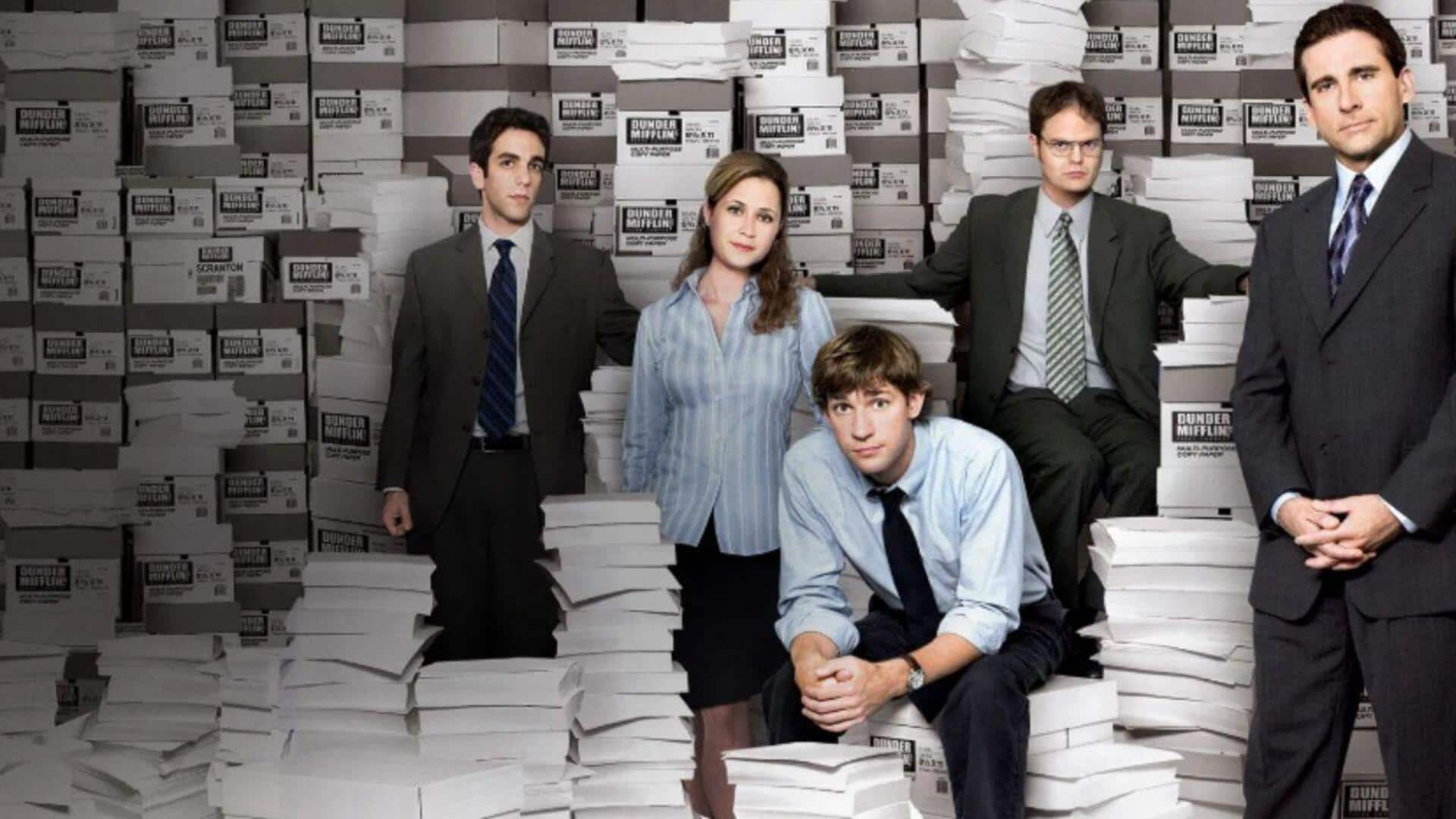
How 'The Office' gets corporate jargon hilariously wrong
What's the story
We all love watching The Office as it captures the humorous side of our corporate lives. However, there are times when the show exaggerates/misrepresents things, especially when it comes to corporate jargon. The show uses jargon for comedic effect, but it can give you a skewed perception of how language is really used in workplaces. Knowing these discrepancies can help you separate fiction from reality.
#1
Overuse of buzzwords
In The Office, characters often throw around buzzwords like "synergy" and "paradigm shift" without context. In reality, while such terms do exist in the corporate world, they aren't used as liberally. Employees are more concerned about clear communication than with liberally throwing around buzzwords that could confuse or alienate colleagues.
#2
Misinterpretation of terms
The characters in The Office also misinterpret or misuse business terms for comic effect. While this is a hilarious take, it can also lead to the misconception that understanding industry-specific language isn't all that important. In real workplaces, employees work hard to interpret and apply terminology correctly to ensure smooth collaboration and decision-making.
#3
Exaggerated formality
The show can also exaggerate the level of formality with which corporate jargon has to be used. In most of today's workplaces, communication is way more relaxed and to the point than The Office shows. Employees prefer clarity over formality to encourage open dialogue and quick problem-solving among the team.
#4
Lack of contextual use
In The Office, we see jargon being used out of context for the sake of humor. But the key to effective use of corporate language lies in understanding the context in which terms are applied. Real-world professionals aim to use jargon appropriately within the relevant discussions to enhance understanding, not make things confusing or funny.
#5
Simplification for humor's sake
For the sake of comedy, The Office reduces difficult business concepts into easily digestible jokes. These are often premised on the misuse or misunderstanding of jargon. While this makes for some great television, that's not how professionals actually deal with complex subjects. They employ precise language based on the context of the situation in their industries.